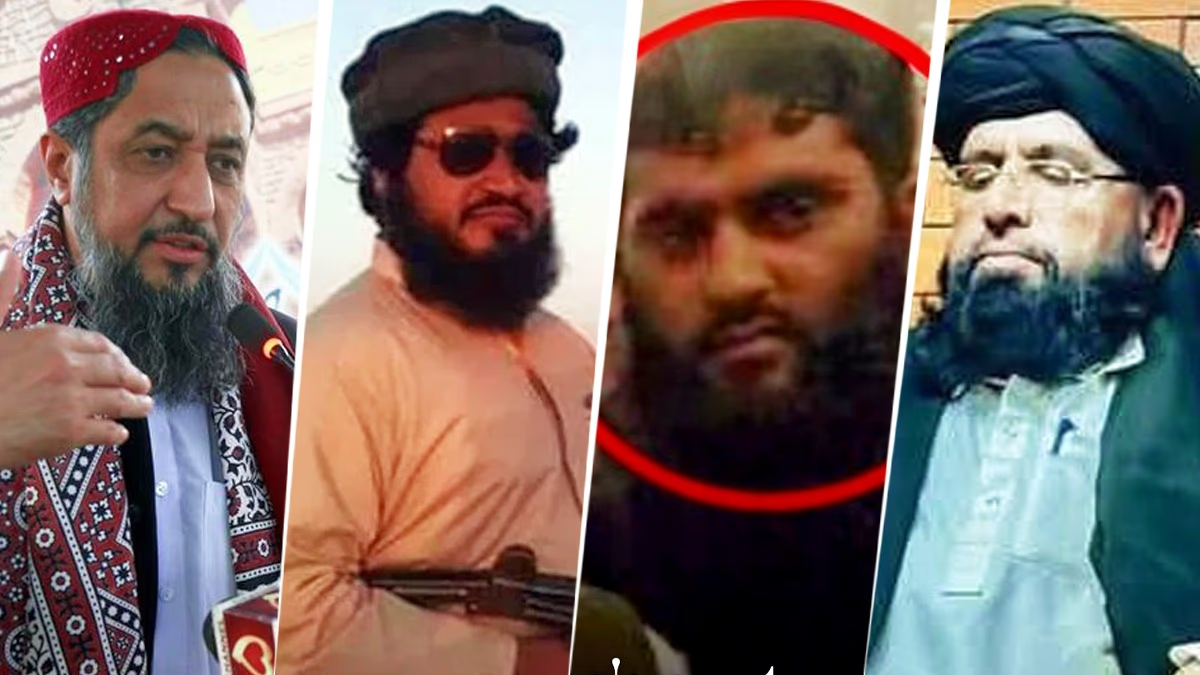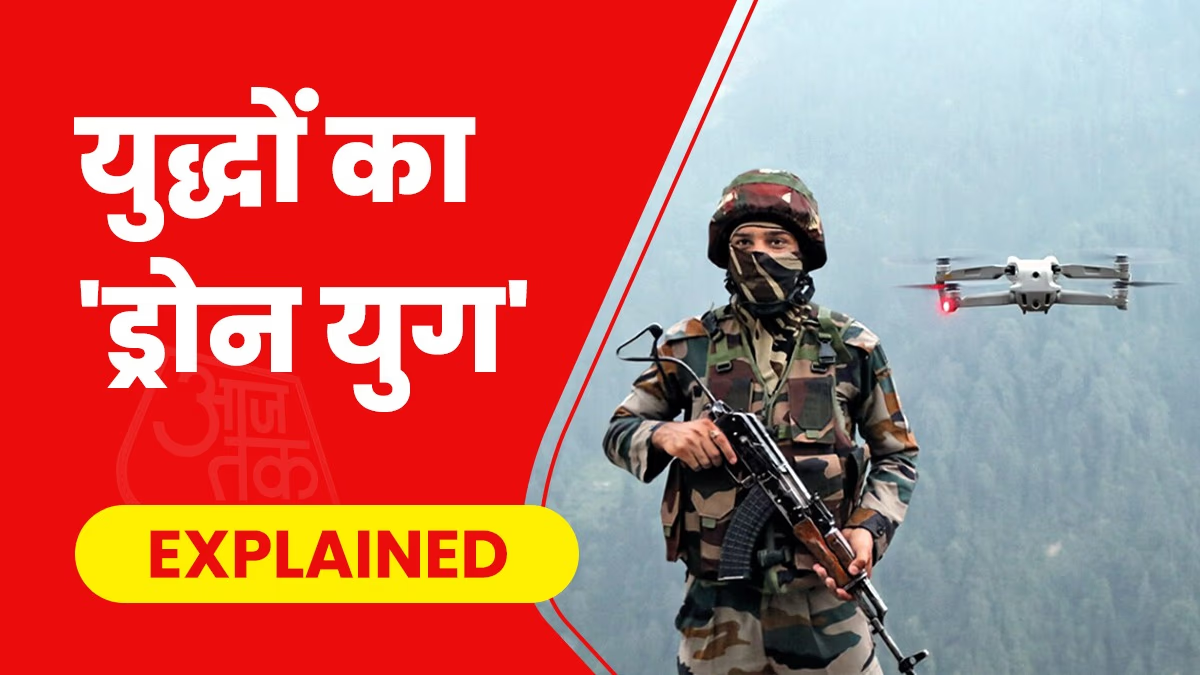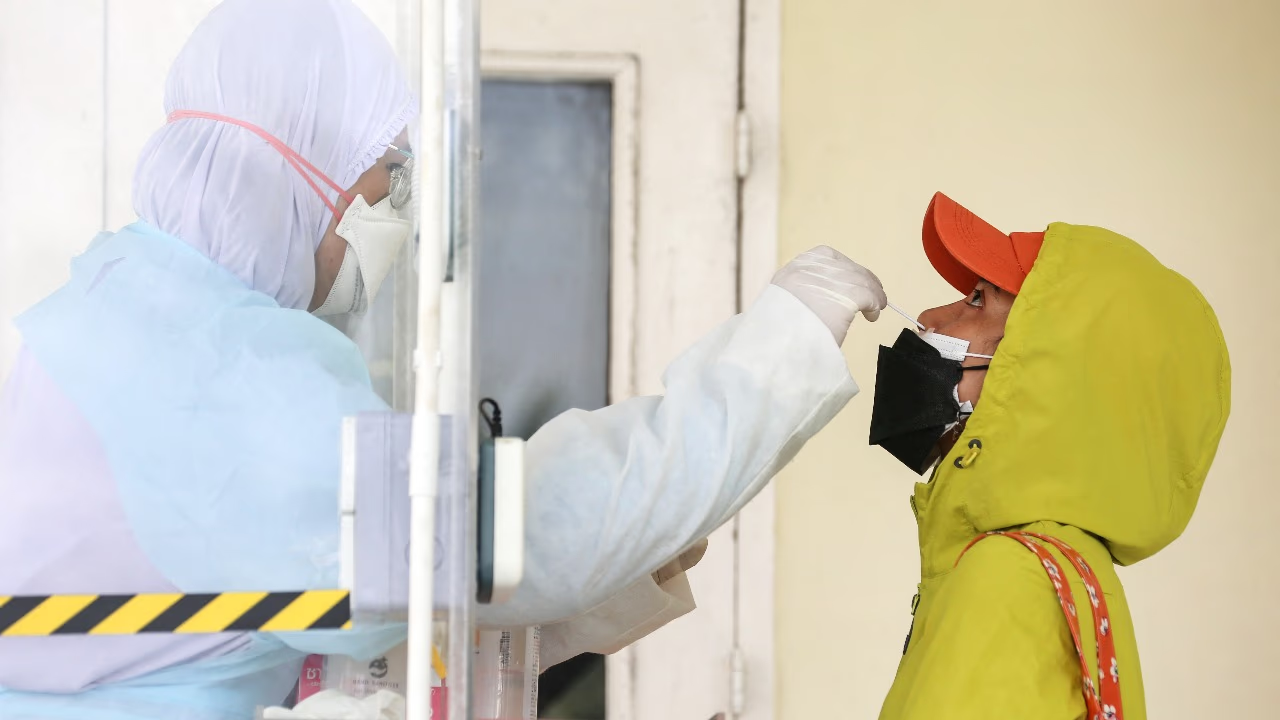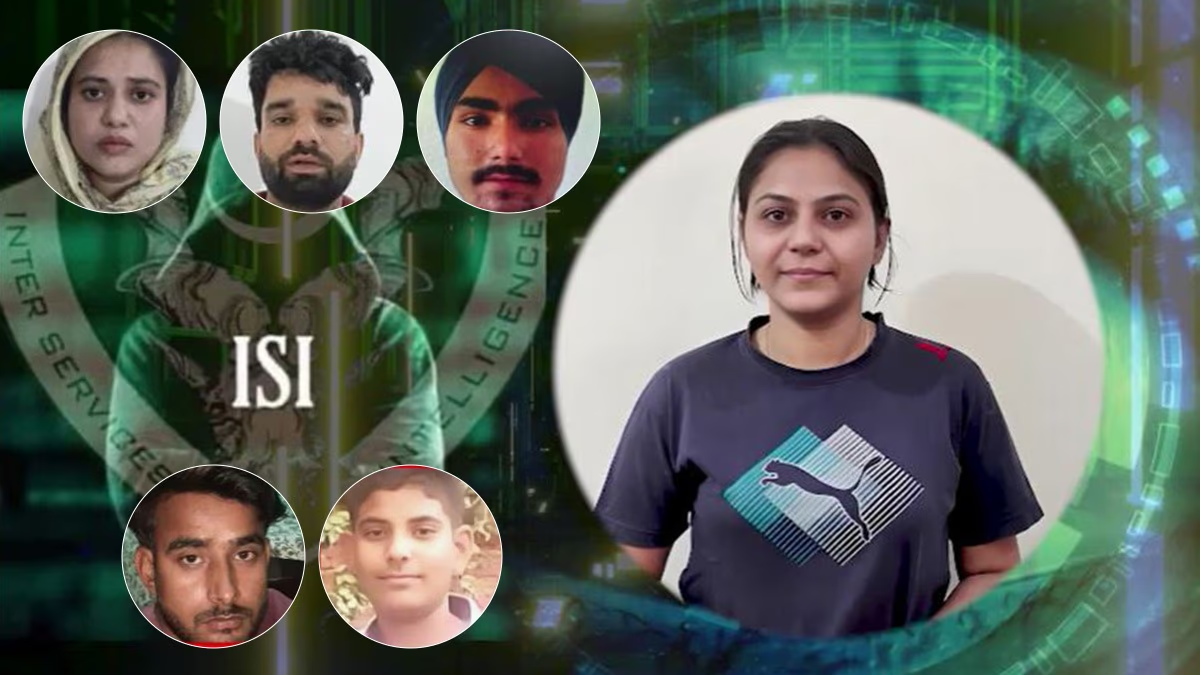This enigmatic fear has now been given various names in Pakistan - 'The Unknown Killer', 'Silent Gunman', or 'Motorcycle Hitmen'. They have become an embodiment of mystery, especially given their targets are some of Pakistan's top clerics. No one has uncovered their motives or employers, yet their deadly action is enough to send shivers throughout the country.
These shadowy gunmen have claimed many lives, including proclaimed anti-India extremists. For instance, terrorist Zahoor Mistri, involved in the IC-814 plane hijacking in December 1999, was assassinated in Karachi on March 7, 2022, by two armed motorcyclists.
In the past 1-1.5 years, many anti-India figures have been eliminated by these unknown assassins. Some notable names include Khwaja Shahid, Maulana Rahimullah Tariq, Lakhbir Singh Rode, Ziaur Rahman, Bashir Ahmad Pir, and Hanzlah Adnan.
While this list is extensive, after a brief calm, the terror of the 'Unknown Killer' has resumed in Pakistan. Within just 25 days, these elusive gunmen have executed 5 leading clerics, some with significant ties to the arrest of former Indian Navy Commander Kulbhushan Jadhav. Let’s take a closer look at these sensational assassinations.
Maulana Hamidul Haq Haqqani
Recently, the most high-profile figure to be assassinated was Maulana Hamidul Haq Haqqani, aged 57. He was killed in Khyber Pakhtunkhwa on February 28, 2025, at a madrasa after the Friday prayers when a suicide bomber detonated.
Maulana Haqqani was the chief of Darul Uloom Haqqania Seminary, known for its long association with the Taliban. Numerous Taliban figures, including the group’s founder Mullah Omar, studied here. BBC has termed it the 'University of Jihad'.
Also related: Pakistan eliminated 21 enemies of India, but many notorious terrorists roam free.
Maulana Haqqani was the son of influential Pakistani cleric Maulana Sami ul-Haq, widely known as the 'Father of the Taliban'.
In 2018, Maulana Sami ul-Haq was also assassinated, prompting Haqqani to become the madrasa's chancellor and a leader of a faction of the political party Jamiat Ulema-e-Islam (JUI-S). With longstanding connections to Afghan Taliban leaders, including Mullah Omar, this put him in a critical advisory position.
Mufti Shah Mir
After another Friday on March 7, 2025, another high-profile murder shook Pakistan. Unknown gunmen shot Mufti Shah Mir in Turbat, Balochistan.
Armed motorcyclists fired at Mufti Shah Mir, resulting in his critical injury and subsequent death at a local hospital. Believed to be involved in human trafficking, Mir was ambushed leaving a mosque after Tarawih prayers by biker assailants who shot him multiple times from close proximity.
The most significant detail about Mufti Mir is his involvement in assisting the ISI in kidnapping former Indian Navy officer Kulbhushan Jadhav.
Disguised as a cleric, Mir was a human and weapon trafficker and a member of the Jamiat Ulema-e-Islam, an Islamic extremist political party.
Abdullah Nadeem
The following Friday on March 14, 2025, witnessed yet another cleric being targeted by unknown attackers.
According to Pakistan's police, a mosque explosion injured at least four people, including the district emir of Jamiat Ulema-e-Islam-Fazl (JUI-F), in South Waziristan district of Khyber Pakhtunkhwa.
District Police Officer Asif Bahadur stated that JUI-F leader Abdullah Nadeem was believed to be the target of the explosion. Severely injured, Nadeem was hospitalized. The police were left scrambling for clues.
Abu Katal
Mere days after another high-profile assassination, Pakistan witnessed another targeted event. Abu Katal, a feared terrorist wanted for numerous crimes in India, became the next victim of unidentified gunmen. He was killed in Jehlum Sindh by unknown attackers late Saturday night.
According to India's National Investigation Agency (NIA), Abu Katal's involvement in terrorist activities dates back to 2002-03, during which he infiltrated India and operated in the Poonch-Rajouri region. NIA had declared him wanted for his complicity. Holding close ties with Hafiz Saeed, the mastermind behind the Mumbai terror attacks, Abu Katal was a thorn in India's security landscape.
Reports also surfaced that Hafiz Saeed narrowly escaped an attack on the same day, though confirmations were scarce. However, ISI has since ramped up Saeed’s security.
Mufti Abdul Baqi Noorjai
In Quetta, Pakistan, another high-profile assassination took place. The senior Jamiat Ulema-e-Islam (JUI) leader, Mufti Abdul Baqi Noorjai, was shot on the night of March 16 by unknown gunmen while on his way to a mosque.
The Quetta police are on the case, with this marking the assassination of 5 prominent clerics in Pakistan between February 28 and March 17.
The Pattern of Elimination
Since 2021-22, numerous assassinations of terrorist commanders and religious leaders have occurred in Pakistan, involving organizations like Lashkar-e-Taiba (LeT), Jaish-e-Mohammed (JeM), and Hizbul Mujahideen. This assassination pattern generally involves unknown assailants on motorcycles who shoot terrorists or leaders at close range and flee, leaving investigation agencies without leads. The organized nature of these eliminations suggests a coordinated campaign, yet the identities behind it remain unclear. Pakistani agencies have been probing this for over two years but have had no breakthroughs.
To deflect from its failures, Pakistan continues to blame these assassinations on India, yet it has provided no evidence—not even verbal—that holds up under scrutiny. India's Ministry of External Affairs has dismissed such claims as fabricated, baseless, and nonsensical.




